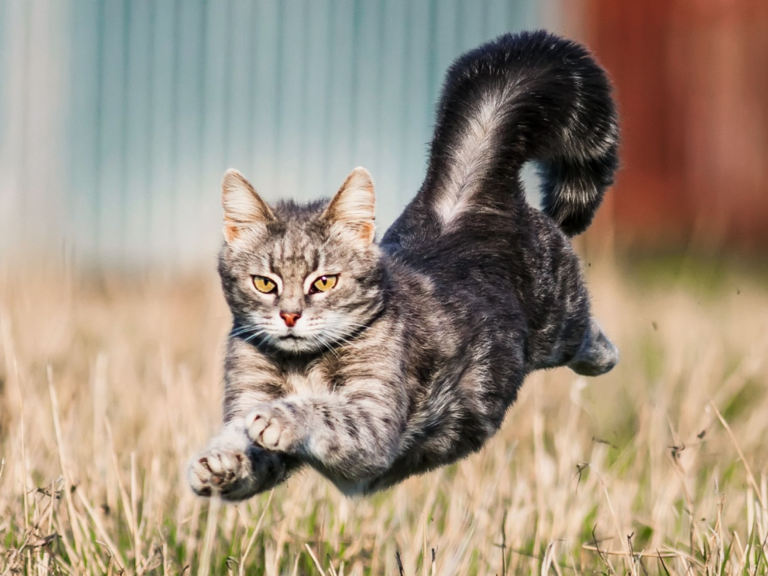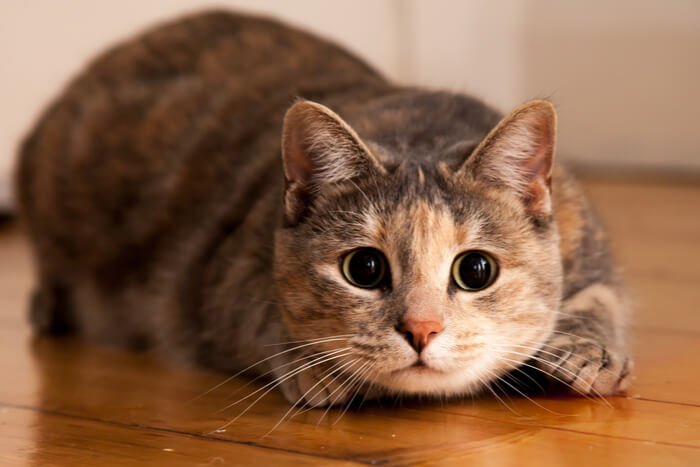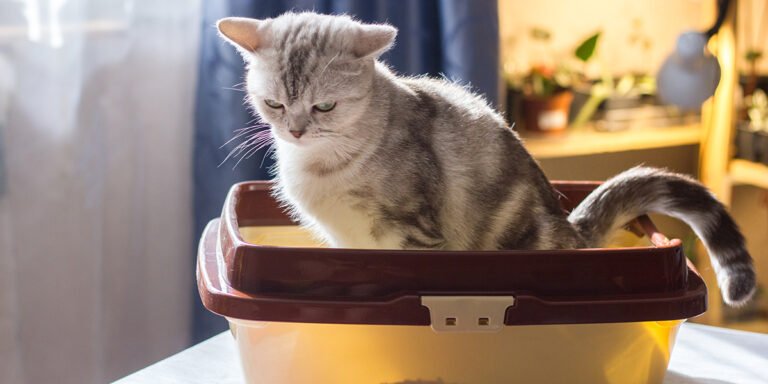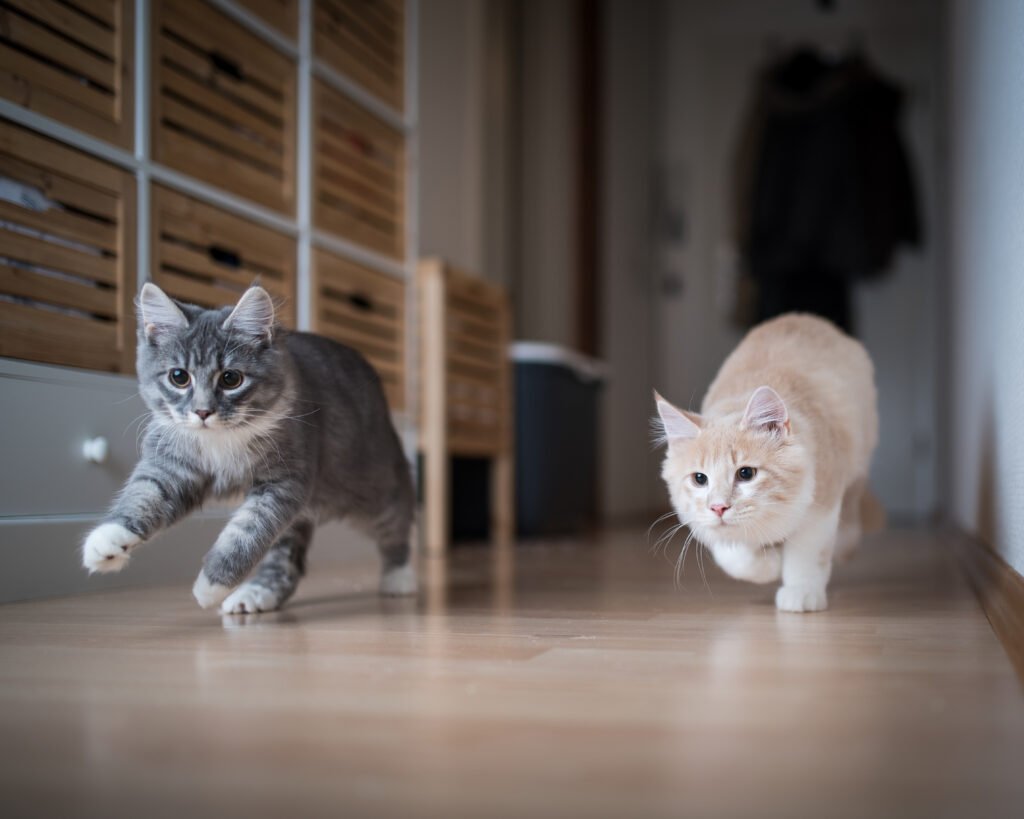Cats are known for their peculiar behaviors, and one of these interesting habits is running or darting around immediately after they finish their business in the litter box. It’s a behavior that often leaves cat owners perplexed, but there are several reasons behind it. In this blog, we’ll delve into the captivating world of feline behavior and explain why cats exhibit this tendency.
Instinctual Reasons
Cats are natural hunters, and even though they’ve become domesticated, their primal instincts still shine through in various ways. Running after pooping is linked to these instincts. When cats are in the litter box, they can be vulnerable, so they feel the need to be alert and ready to escape from potential threats.

Territorial Marking and Masking Their Scent
Cats have scent glands on their paws, and by running or scratching the ground after using the litter box, they leave their scent around the area. This can be a form of territorial marking and, in some cases, an attempt to cover their own scent to avoid detection by predators.
A Way to Relieve Tension and Stress
Running after pooping can be a way for cats to release tension or stress. Just like humans might feel the need to move or fidget when anxious, cats may engage in this behavior as a way to alleviate any discomfort.

Physical Sensations and Discomfort
Sometimes, the act of defecation may lead to an energetic reaction. Cats have a fast digestive system, and the process of elimination can stimulate their energy, prompting them to sprint around to alleviate the sensation.
Playfulness and High Spirits
Cats are known for their playful nature, and running after using the litter box can simply be a manifestation of their high spirits. It’s like a little post-potty celebration or playtime for them.
Preventing Potential Health Issues
While most cases of cats running after they poop are harmless, it’s essential for cat owners to monitor this behavior. In some instances, it can be a sign of discomfort or an underlying health issue. If the behavior is excessive or if it’s accompanied by other concerning signs, it’s advisable to consult a veterinarian to rule out any medical problems.

Behavior of cats running after they poop is a fascinating glimpse into the complex world of feline instincts and psychology. It can be attributed to their innate survival instincts, territorial marking, and even the desire to play and relieve stress. Understanding these aspects of cat behavior allows cat owners to better appreciate and care for their feline companions. So, the next time your cat dashes out of the litter box, you’ll know there’s more to it than meets the eye.

